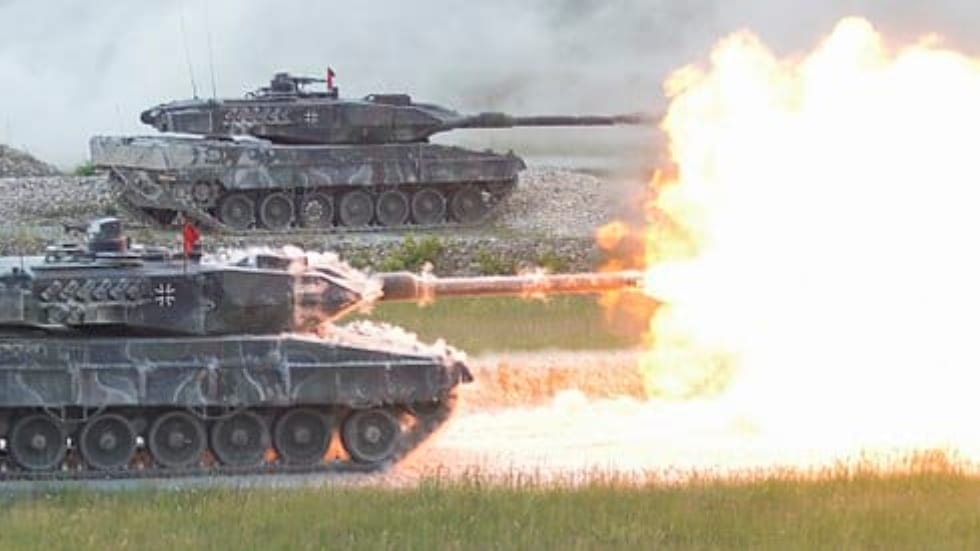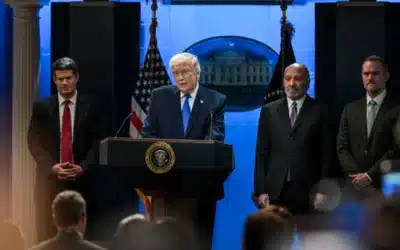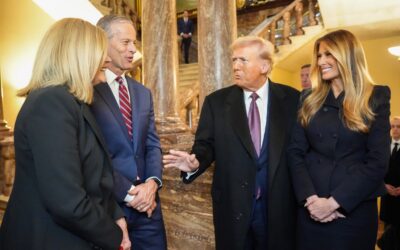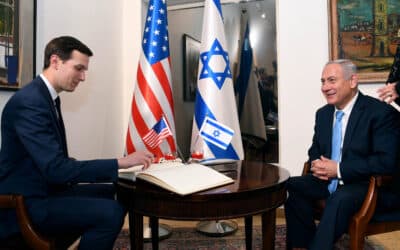Ukraine is slated to receive hundreds of main battle tanks in the coming months from Germany, the United States and number of European allies. Berlin had hoped other nations would provide a significant number of tanks, but German-made Leopard 1 and 2 tanks will make up the vast majority of Western armor sent to Ukrainian forces.
On Tuesday, Berlin announced that, along with the Netherlands and Poland, Germany would send over 200 Leopard-series tanks to Kiev. Ukraine’s Defense Minister Oleksiy Reznikov said he envisions “20-25 of these tanks by the summer, about 80 by the end of the year, and more than 100 Leopard 1 tanks by 2024.”
Germany and Poland previously committed to sending over two dozen newer Leopard 2 tanks to Ukraine.
Last week, the Swiss outlet NZZ reported that German leader Olaf Scholz resisted international pressure to supply tanks, but ultimately relented after it appeared other NATO members would send a significant amount of their own armor.
Now, it appears the situation Scholz sought to avoid has become a reality. According to the Wall Street Journal, after Berlin committed to sending main battle tanks to Kiev last month, other Western countries began “dragging their feet.”
”European allies’ reluctance to make good on earlier signals despite intense lobbying from Berlin in recent days is raising doubt that enough tanks can arrive in Ukraine in time for an expected Russian offensive,” the outlet reported, adding that ”Europe’s sudden misgivings about supplying Ukraine with tanks reveal that, as with ammunition and heavy artillery, North Atlantic Treaty Organization members in the region have fewer operational tanks that they can spare.”
Washington previously announced that it will send 31 American-made M1 Abrams tanks to Ukraine. However, the armor is unlikely to reach the battlefield for years given a major production bottleneck within the US arms industry. France has ruled out sending any of its tanks to Ukraine, though it has approved the transfer of lighter combat vehicles.
Britain has agreed to send 14 of its Challenger 2 main battle tanks to Ukraine, however London cannot meet Kiev’s significant armor needs on its own, having just over 200 tanks. Portugal will only transfer three Leopard 2s to Ukraine, while Spain has said it has Leopard 2 to send, but the armor would require upgrades before engaging Russian forces.
Finland is holding off sending tanks to Ukraine until it is a member of the North Atlantic alliance, which it applied to join last year alongside its Nordic neighbor Sweden. Turkey is refusing to approve either country’s NATO bid, insisting they must cut all ties with Kurdish groups it regards as terrorist organizations. Currently, there is no indication Stockholm and Helsinki will resolve their dispute with Ankara anytime soon.
The lack of other NATO-made tanks has placed Berlin precisely in the position Scholz had hoped to avoid. The chancellor initially sought to limit Germany’s involvement in the war, in line with a long-standing policy to never send arms into active conflict zones, but ultimately reversed course under pressure from the United States and the NATO bloc.
“Germany will likely have to be the biggest contributor to the European tank initiative because it has the largest combined stock owned by the industry and the armed forces among the countries willing to participate,” said Minna Alander, a research fellow at the Finnish Institute of International Affairs told the Journal.
































